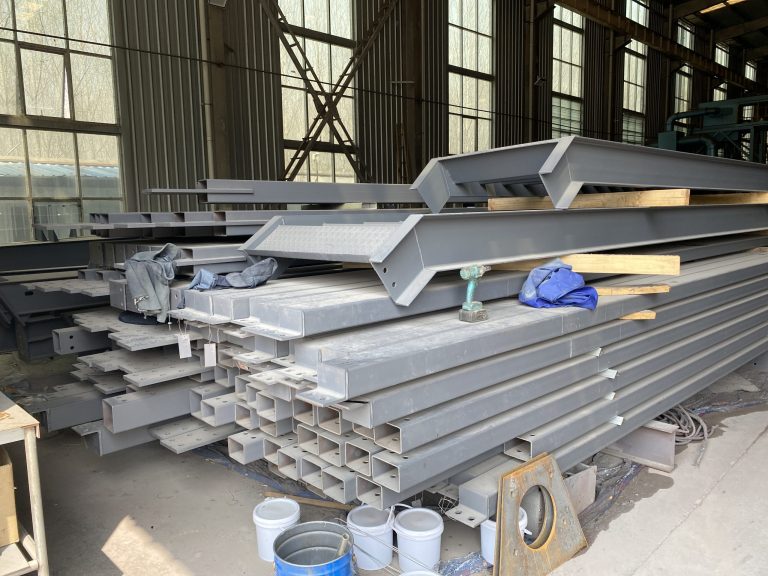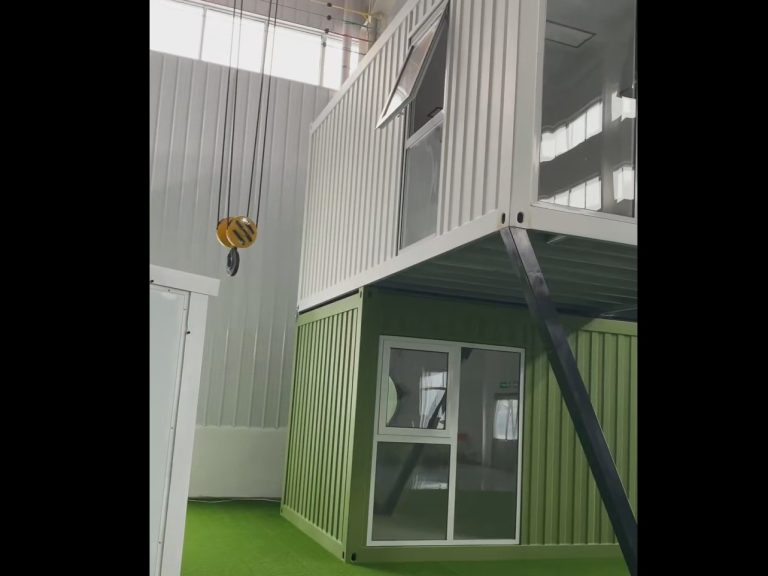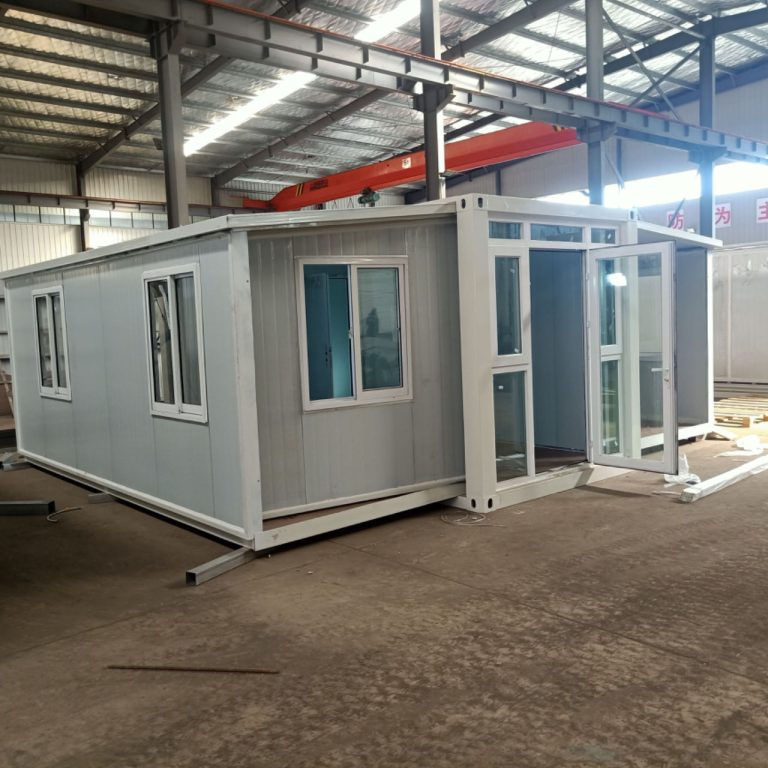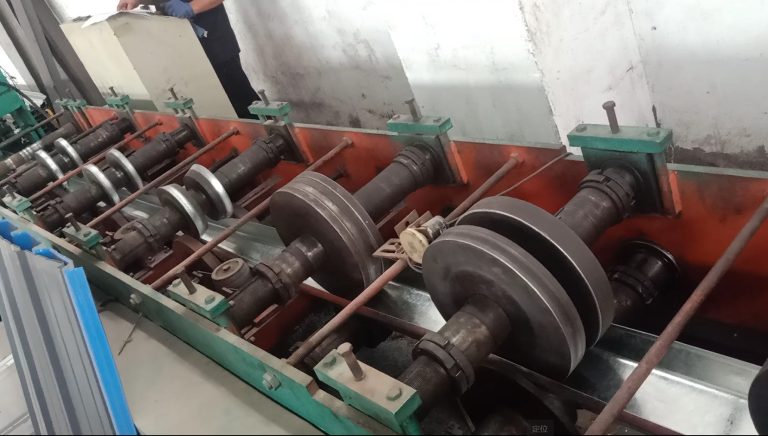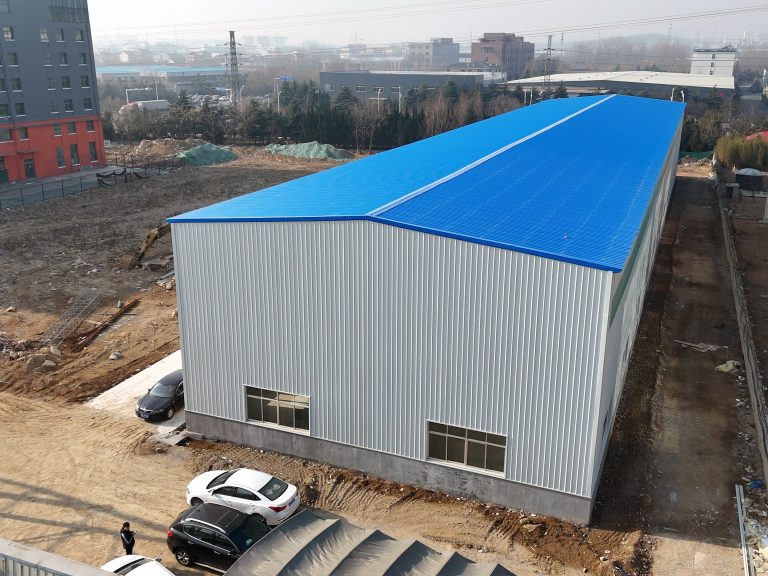Table of Contents
Benefits of Container Houses for Short-Term Accommodation
Container houses have gained popularity in recent years as a cost-effective and sustainable housing option. These structures, made from repurposed shipping containers, offer a unique and innovative solution for short-term accommodation needs. In this article, we will analyze the competitiveness of container houses in the short-term accommodation market, focusing on their benefits and advantages.
One of the key benefits of container houses for short-term accommodation is their affordability. Compared to traditional housing options, container houses are significantly cheaper to build and maintain. This makes them an attractive choice for property owners looking to maximize their return on investment in the short-term rental market. Additionally, the modular nature of container houses allows for easy customization and expansion, making them a versatile option for accommodating different group sizes and needs.
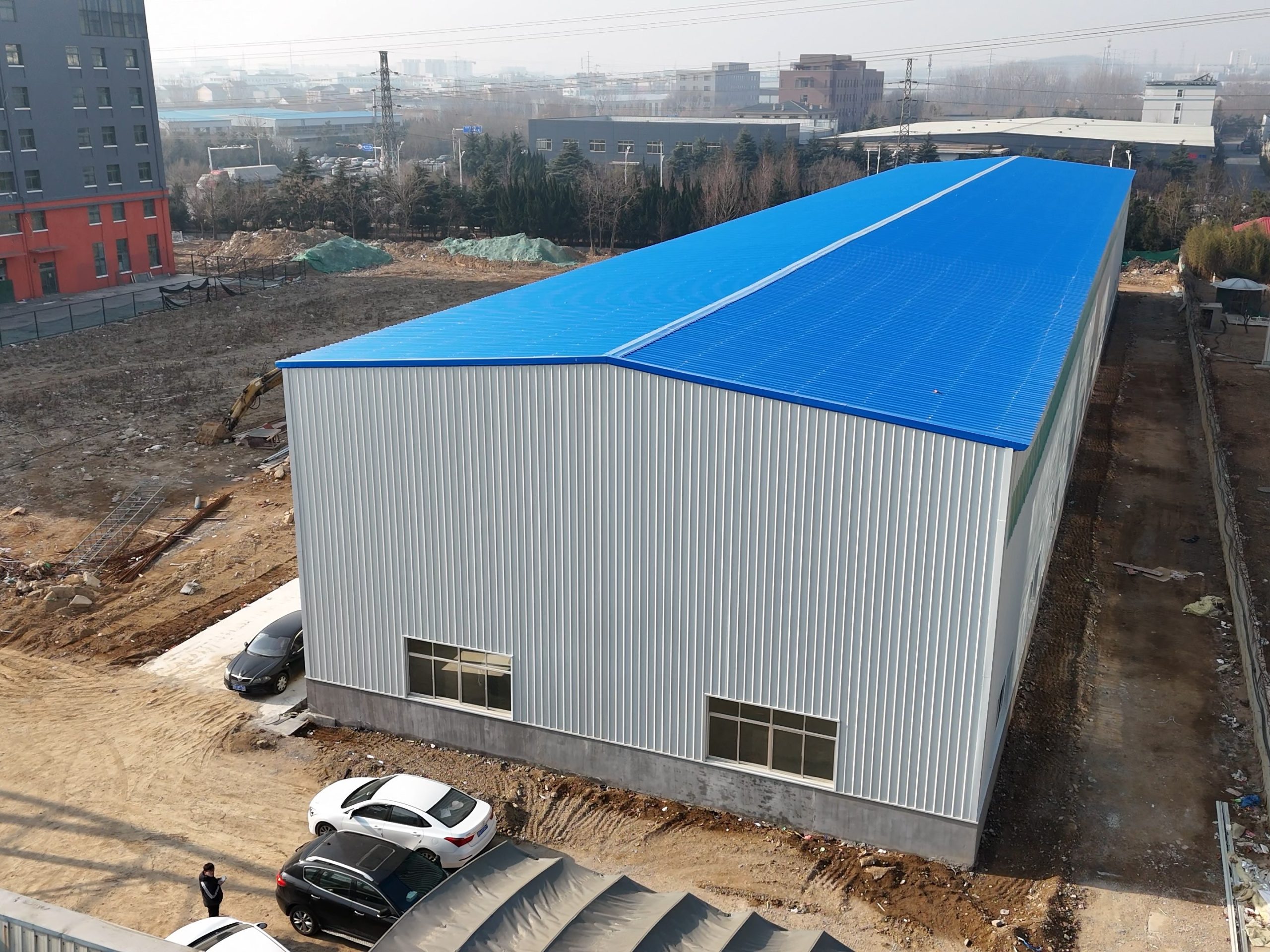
Another advantage of container houses is their durability and resilience. Shipping containers are designed to withstand harsh weather conditions and rough handling during transportation. This makes them a sturdy and reliable choice for short-term accommodation, especially in locations prone to extreme weather events. Additionally, container houses are easy to maintain and require minimal upkeep, reducing the overall operating costs for property owners.
In terms of sustainability, container houses offer a more environmentally friendly alternative to traditional housing options. By repurposing shipping containers, these structures help reduce waste and promote recycling in the construction industry. Additionally, container houses can be equipped with eco-friendly features such as solar panels, rainwater harvesting systems, and energy-efficient appliances, further reducing their environmental impact. This makes them a desirable choice for environmentally conscious travelers seeking sustainable accommodation options.
Furthermore, container houses are highly versatile and can be adapted to suit a variety of design preferences and aesthetic styles. From minimalist and modern to rustic and industrial, container houses can be customized to reflect the unique personality and branding of the property owner. This flexibility allows for creative and innovative design solutions that can attract a diverse range of guests and enhance the overall guest experience.
In terms of market competitiveness, container houses offer a unique selling point that sets them apart from traditional accommodation options. Their novelty and unconventional design appeal to travelers seeking a memorable and Instagram-worthy experience. Additionally, the affordability and sustainability of container houses make them an attractive choice for budget-conscious travelers and eco-conscious consumers. This competitive edge can help property owners attract a wider audience and increase their occupancy rates in the short-term rental market.
In conclusion, container houses offer a range of benefits and advantages that make them a competitive option for short-term accommodation. From affordability and durability to sustainability and versatility, container houses tick all the boxes for property owners looking to maximize their return on investment and attract a diverse range of guests. With their unique selling points and market appeal, container houses are poised to make a significant impact in the short-term accommodation market in the years to come.
Cost Analysis of Container Houses vs Traditional Accommodation Options
The short-term accommodation market has seen a surge in popularity in recent years, with travelers seeking unique and cost-effective options for their stays. One such option that has gained traction is the use of container houses as a form of accommodation. These repurposed shipping containers offer a sustainable and affordable alternative to traditional accommodation options, but how do they stack up in terms of competitiveness in the market?
When it comes to cost analysis, container houses have a clear advantage over traditional accommodation options. The initial cost of purchasing and converting a shipping container into a livable space is significantly lower than building a traditional structure from scratch. This cost savings can be passed on to guests in the form of lower rental rates, making container houses an attractive option for budget-conscious travelers.
In addition to the lower upfront costs, container houses also offer savings in terms of maintenance and upkeep. These structures are built to withstand the rigors of shipping and are designed to be durable and long-lasting. This means that owners can expect lower maintenance costs over the lifespan of the container house compared to traditional accommodation options, which may require more frequent repairs and renovations.
Furthermore, container houses are often more energy-efficient than traditional structures, thanks to their compact size and the ability to easily insulate the metal walls. This can result in lower utility bills for both owners and guests, making container houses an environmentally friendly and cost-effective choice for short-term accommodation.
Despite these cost advantages, it is important to consider the potential drawbacks of container houses in the short-term accommodation market. While the initial cost savings may be appealing, there are additional expenses to consider, such as the cost of land, permits, and utilities. These costs can vary depending on the location and regulations in place, so it is important for owners to carefully research and budget for these expenses before investing in a container house.
Another factor to consider is the limited space and amenities that container houses can offer compared to traditional accommodation options. While some travelers may appreciate the minimalist design and unique experience of staying in a container house, others may prefer the comfort and convenience of a traditional hotel room or vacation rental. Owners should carefully consider their target market and the amenities they can offer to attract and retain guests in a competitive market.
In conclusion, container houses offer a cost-effective and sustainable alternative to traditional accommodation options in the short-term rental market. With lower upfront costs, reduced maintenance expenses, and energy-efficient design, container houses can be a competitive choice for budget-conscious travelers and environmentally conscious guests. However, owners should carefully consider the additional expenses and limitations of container houses before investing in this type of accommodation. By weighing the pros and cons and understanding the needs of their target market, owners can make informed decisions about the competitiveness of container houses in the short-term accommodation market.


